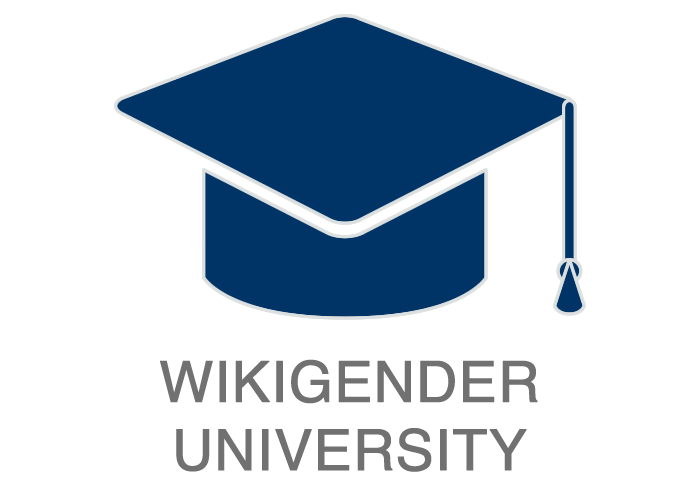Gender Equality and Decent Work in Thailand

ABOUT
The study “Gender Equality and Decent Work in Thailand” is part of a joint regional technical assistance project of the International Labour Organization (ILO) and Gender Equality (ILO) and the Asian Development Bank (ADB), which aims to strengthen the role of labour standards as a means of reducing poverty and promoting sustainable economic and social development. The project supported research in four selected countries ( Bangladesh , Nepal , the Philippines and Thailand ) The studies identified and examined the areas of the labour market where there are gaps between labour standards and existing practices, analysed major factors contributing to those gaps and highlighted measures that could be undertaken to close the gaps.
Focus on Thailand
In terms of Thailand, male and female membership of labour unions is roughly equal, but at the leadership level the gender difference is large. Executive members in most unions are predominantly men, particularly at the top level. Only a few labour unions have women’s divisions or special programs directed at promoting women’s participation in union activities. Women also have limited presence in the process of settling labour disputes under the Labour Court or the Tripartite Committee of employer, employee, and labour authority representatives. Although there are some female associate judges, women are almost absent in the Tripartite Committee.
Opportunities for promotion
This section turns to the issue of gender differences in opportunities for promotion. Data from both government and private sectors clearly show women are at a disadvantage. While the number of women civil servants is steadily increasing, it is difficult for them to enter the higher grades.
http://upic.me/i/0k/8f3n1.jpg
Pay surveys in the private sector were conducted in 1998 and 2000. While the overall ratio of men and women employed remained almost unchanged, the percentage of women has increased in all of the top three management levels (i.e. all levels except “officer”), with the largest increase at department manager level, from 33.3 per cent to 41.5 per cent. At the officer level, the percentage of women and men in the two years practically reversed itself, with a greater proportion of men in this position in 2000.
Wages and salaries
The comparison of average wages of private employees by sex and area of residence overtime shown in the table below indicates a much larger gender gap in municipal (urban) areas than in non-municipal (rural) areas. The gap also does not seem to be narrowing significantly over the years. The average wage for government employees, as expected, shows very little gender differences both in urban and rural areas. In fact, for rural areas, the average wages for women are consistently higher than those of men – although by only a small margin.
http://upic.me/i/0k/8f3n1.jpg
References
Pawadee Thonguthai(2002), Gender Equality and Decent Work in Thailand. Retrieved Nov. 25 2014, From http://www.ilo.org/public/libdoc/ilo/2002/102B09_420_engl.pdf
GROUP5
http://upic.me/i/nb/vrksw.jpg
- Ms. Waraistha Atikamanon 54148010128
- Ms. Pimjai Wannapong 54148010194
- Ms. Cherrelak Karnjanarak 54148010352
- Ms. Thikhamporn Benyaapikul 54148010353
- Ms. Nutchanok Yeevo 54148010354


